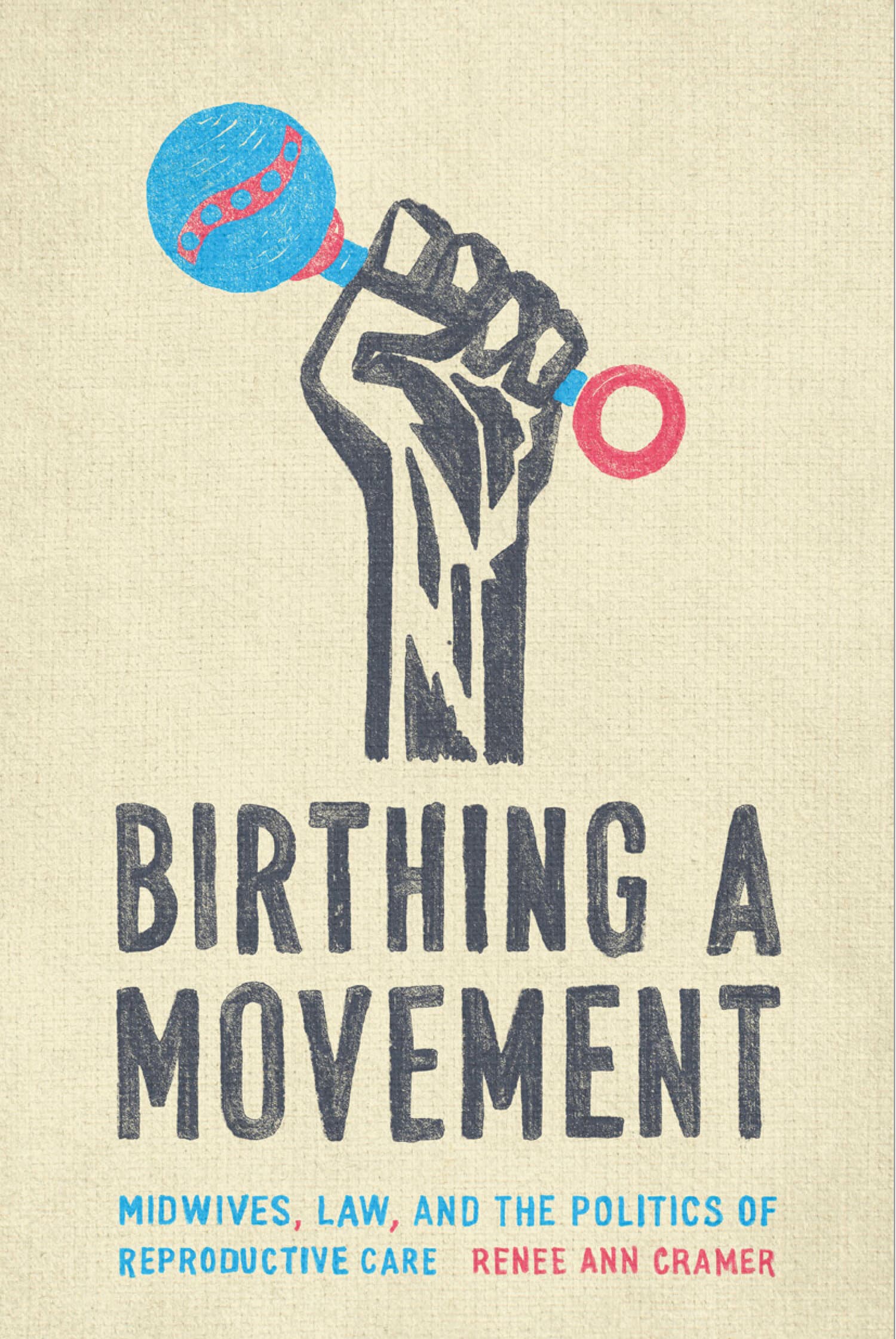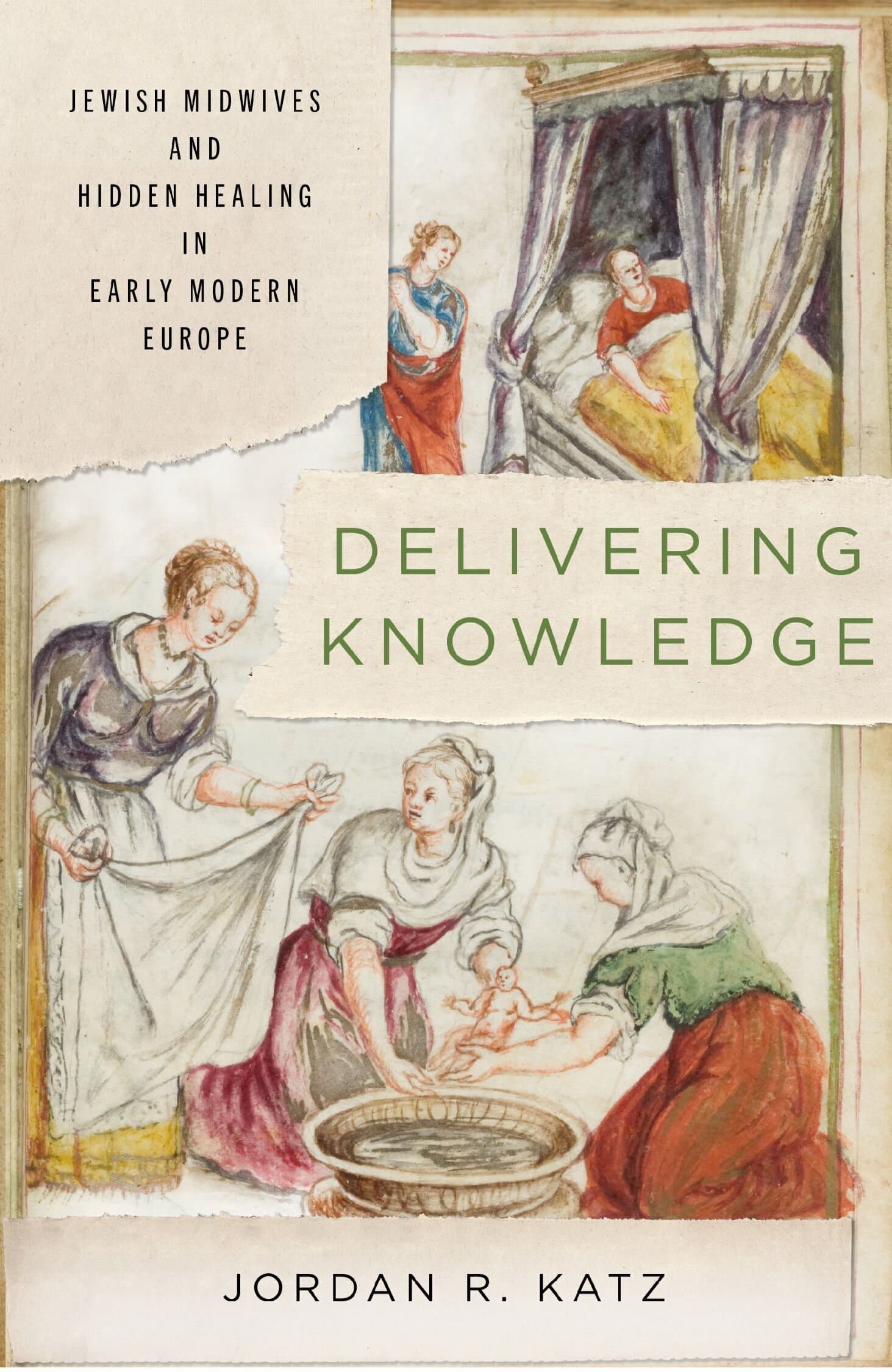Birthing a Movement

Rich, personal stories shed light on midwives at the frontier of women's reproductive rights.
Midwives in the United States live and work in a complex regulatory environment that is a direct result of state and medical intervention into women's reproductive capacity. In Birthing a Movement, Renée Ann Cramer draws on over a decade of ethnographic and archival research to examine the interactions of law, politics, and activism surrounding midwifery care.
Framed by gripping narratives from midwives across the country, she parses out the often-paradoxical priorities with which they must engage—seeking formal professionalization, advocating for reproductive justice, and resisting state-centered approaches. Currently, professional midwives are legal and regulated in their practice in 32 states and illegal in eight, where their practice could bring felony convictions and penalties that include imprisonment. In the remaining ten states, Certified Professional Midwives (CPMs) are unregulated, but nominally legal. By studying states where CPMs have differing legal statuses, Cramer makes the case that midwives and their clients engage in various forms of mobilization—at times simultaneous, and at times inconsistent—to facilitate access to care, autonomy in childbirth, and the articulation of women's authority in reproduction. This book brings together literatures not frequently in conversation with one another, on regulation, mobilization, health policy, and gender, offering a multifaceted view of the experiences and politics of American midwifery, and promising rich insights to a wide array of scholars, activists, healthcare professionals alike.
"Integrating an impressive array of qualitative data, rich personal stories, sophisticated theoretical analysis, exquisite writing, and a compassionate authorial voice, this splendid book is a great read and a major addition to the sociolegal scholarship on law and social movements."—Michael McCann, University of Washington
"Engaging and compassionate. A must-read for every social movements scholar, it is written so as to be accessible and relevant to the undergraduate reader as well. Birthing a Movement is a book that I plan to cite and assign for years to come."—Sarah Hampson, University of Washington
"Birthing a Movement forcefully demonstrates how scholar-activism can advance the field through an absorbing narrative that is grounded in the experiences of activists themselves."—Erin Mayo-Adam, Law and Society Review




